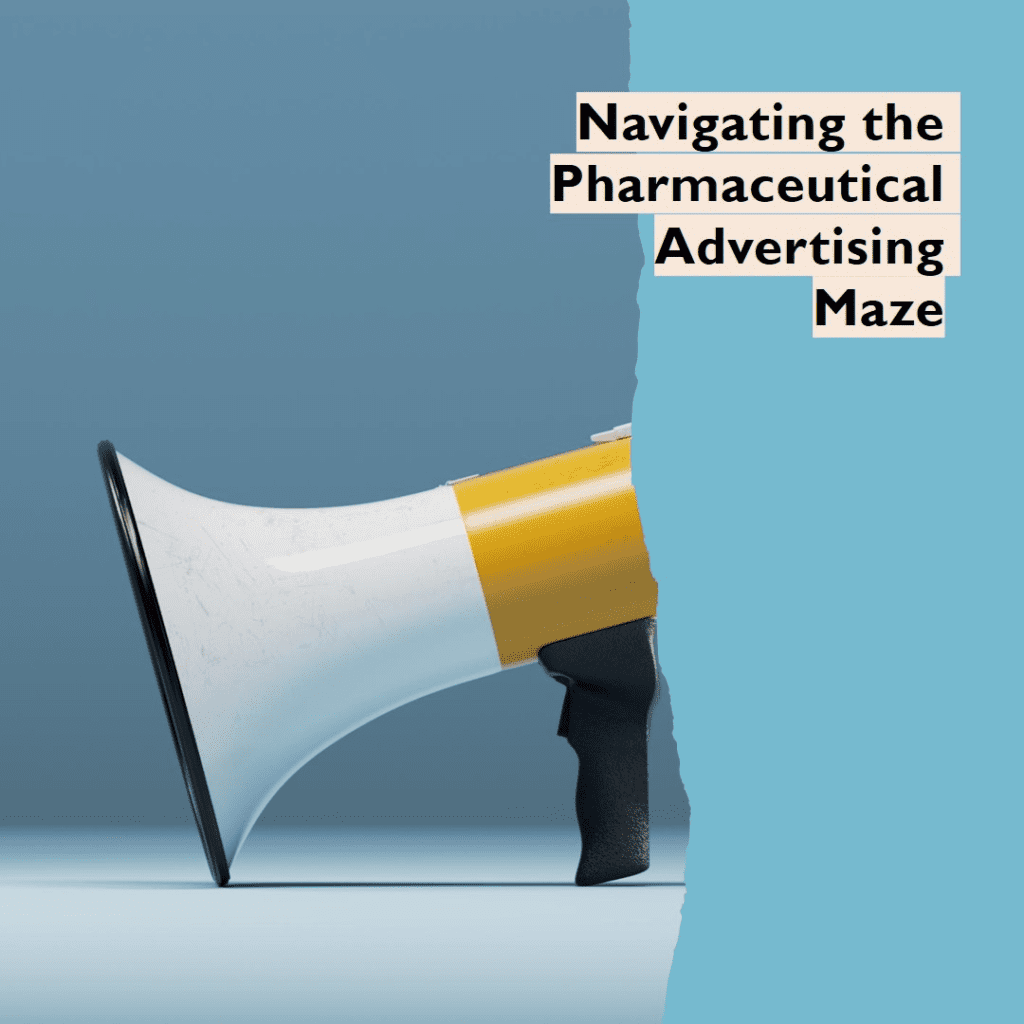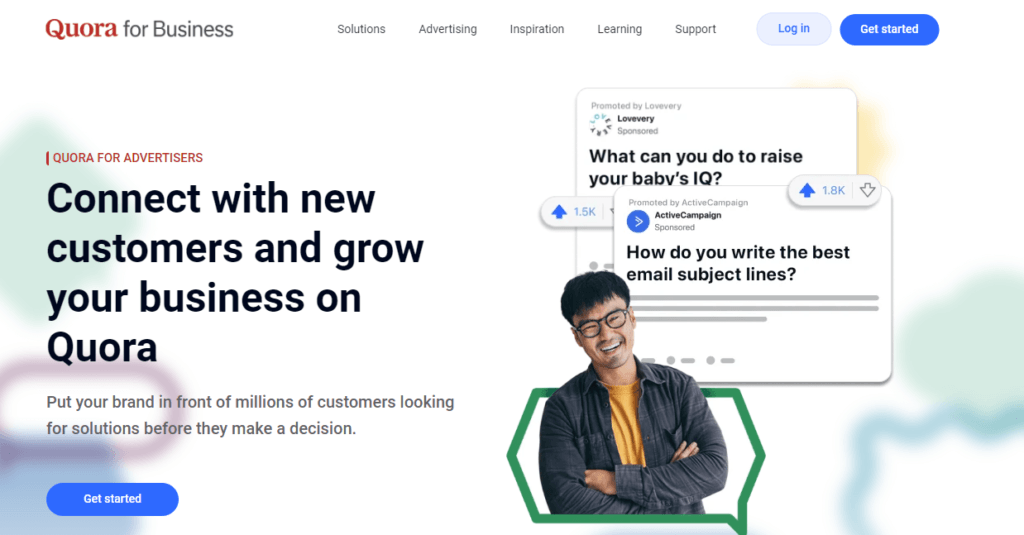The world of pharmaceutical advertising is a complex one, brimming with regulations, ethical considerations, and unique strategies. Having spent over a decade in this dynamic field, I’m here to equip you with the knowledge you need to navigate the maze of advertising for pharmaceutical products.
Understanding the Landscape:
- Regulations: The primary governing body in the US is the Food and Drug Administration (FDA). Their regulations dictate what can and cannot be advertised for prescription drugs. Similar regulatory bodies exist in other regions. Strict adherence is non-negotiable.
- Target Audience: Your primary audience is healthcare professionals (HCPs) who prescribe medications. Understanding their preferred channels for receiving information is crucial. Patients may also be a target audience for awareness campaigns, but regulations regarding DTC (direct-to-consumer) marketing must be strictly followed.
Types of Pharmaceutical Advertising:
- Prescription Drug Advertising: This is the most common type, promoting prescription drugs directly to HCPs. It typically utilizes medical journals, online platforms, and industry events.
- Disease Awareness Campaigns: These campaigns educate the public about a specific disease and its treatment options. They are not product-specific but can raise awareness about a condition that a pharmaceutical company’s medications might address.
- Public Service Announcements (PSAs): These non-commercial messages aim to raise public awareness about health issues and encourage healthy behaviors. Pharmaceutical companies might partner with public health organizations for PSAs related to conditions their medications can help manage.

Advertising Channels for Pharmaceuticals:
- Traditional Media: While the digital world is taking center stage, print media like medical journals and targeted advertising in relevant publications still play a role.
- Digital Marketing: This is a rapidly growing area. Pharmaceutical companies leverage websites, search engine marketing (SEM), content marketing, and social media marketing (SMM) to reach HCPs.
- Medical Conferences & Events: Sponsoring or participating in industry events allows direct interaction with HCPs, showcasing clinical data, and promoting new medications.
- Sales Representatives: These individuals play a vital role in building relationships with HCPs, providing detailed product information, and addressing concerns.
Balancing Information & Ethics:
- Transparency & Accuracy: All advertising claims must be truthful and backed by scientific evidence.
- Focus on Benefits & Risks: Clearly communicate the benefits of a medication while also acknowledging potential side effects.
- Avoiding Misleading Claims: Advertising shouldn’t overstate the effectiveness of a medication or downplay potential risks.
Examples of Pharmaceutical Advertising:
- A pharmaceutical company might publish a full-page advertisement in a medical journal detailing the results of a clinical trial for their new diabetes medication. This ad would be targeted towards endocrinologists and primary care physicians who treat patients with diabetes.
- A disease awareness campaign could involve creating public service announcements about the dangers of high blood pressure and the importance of early detection. This campaign wouldn’t promote any specific medication but might raise awareness about a condition for which the company offers blood pressure medications.

The Future of Pharmaceutical Advertising:
- Digital Dominance: Digital channels will continue to play an increasingly important role, with targeted online advertising, interactive content, and social media engagement becoming even more prominent.
- Data & Personalization: Utilizing data to personalize advertising messages for HCPs based on their area of specialization and patient population will become more sophisticated.
- Emerging Technologies: Exploring the potential of virtual reality (VR) and augmented reality (AR) for HCP education and product demonstrations is on the horizon, but adherence to regulations remains paramount.
Remember: Ethical considerations are paramount in pharmaceutical advertising. Building trust with HCPs and the public requires transparency, accuracy, and a focus on improving patient care. By adhering to regulations and leveraging innovative strategies, you can navigate the ever-evolving landscape of pharmaceutical advertising and achieve success.



